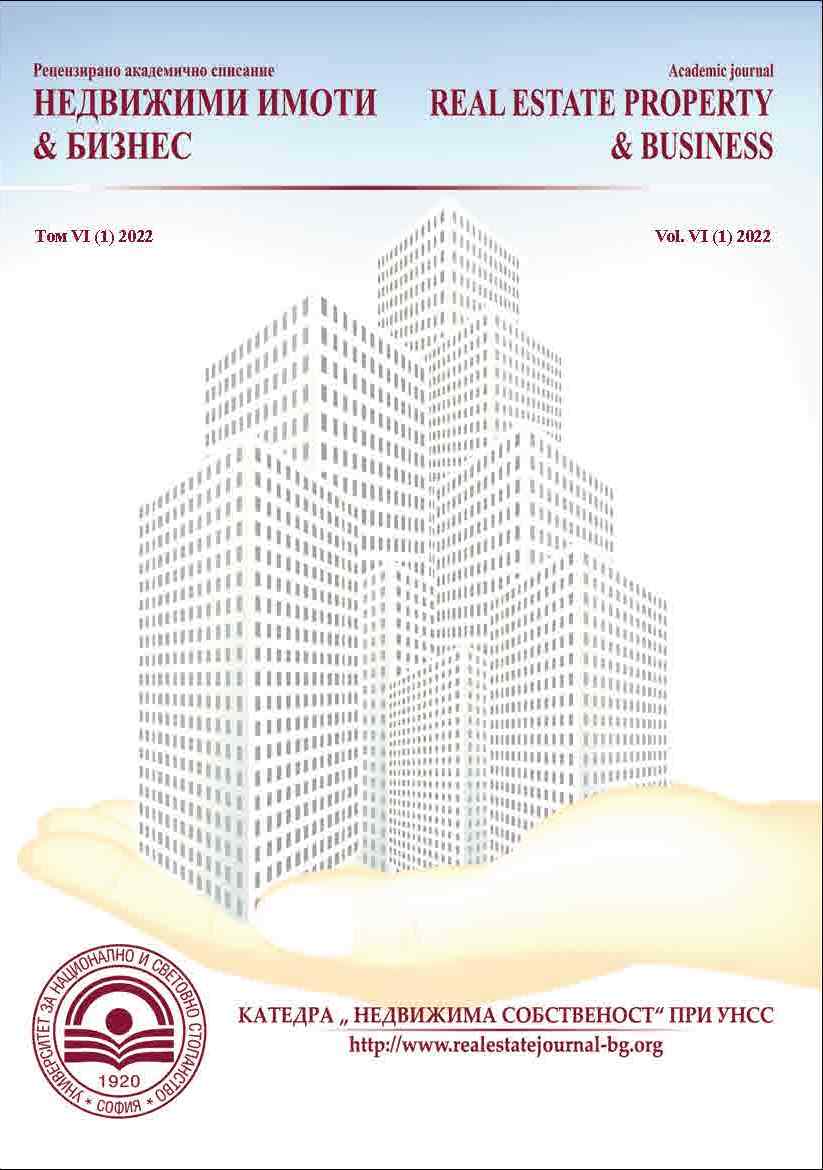Концепцията за сгради с близко до нулево потребление на енергия в контекста на европейска и национална политика за енергийна ефективност
The Concept of Nearly Zero-Energy Buildings in the Context of European and National Energy Efficiency Policy
Author(s): Veselina MirchevaSubject(s): Economy, Business Economy / Management, Micro-Economics
Published by: Университет за национално и световно стопанство (УНСС)
Keywords: energy consumption; building stock; energy efficiency; renewable energy sources
Summary/Abstract: Reducing the dependence of economic growth on input resources and increasing efficiency in their use aims to support the transition to a low-carbon economy, increase the share of energy used from renewable energy sources and modernize a number of sectors, promoting energy efficiency. Energy efficiency is a key prerequisite for ensuring sustainability in the use of energy resources. In this context, the concept of nearly zero-energy buildings is emerging, which not only promotes energy efficiency by renovating and modernizing the building stock, but also increases the share of renewable energy used by households and the public sector, such as reduces anthropogenic pressures on the environment and affects the negative processes of climate change - the main goals set in European environmental and energy policies. This article examines the policy at European and national level regarding nearly zero-energy buildings, as part of the set goals in the field of energy efficiency, outlining the position of Bulgaria
Journal: НЕДВИЖИМИ ИМОТИ & БИЗНЕС
- Issue Year: VI/2022
- Issue No: 1
- Page Range: 66-73
- Page Count: 8
- Language: Bulgarian

